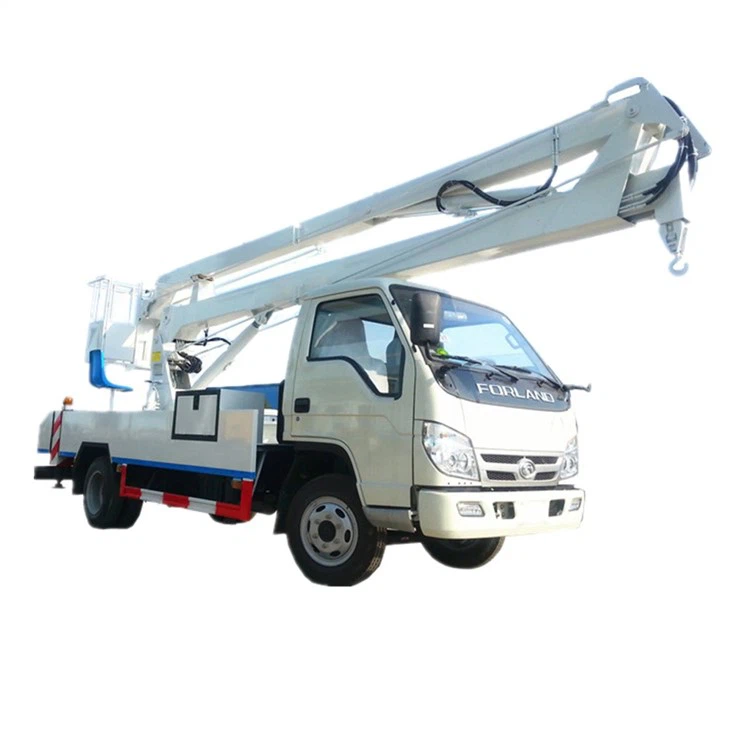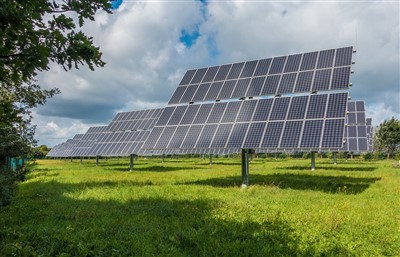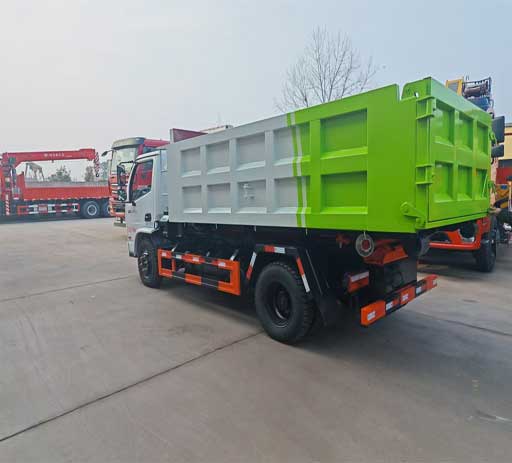Understanding Water Lorries: Essential Insights and Practical Applications

Introduction
Water lorries, also known as water tankers or water trucks, play a critical role in various sectors, providing an essential service by transporting potable and non-potable water. These vehicles are designed to carry large quantities of water, often used in construction, firefighting, agriculture, and emergency relief operations. As urbanization increases and climate change impacts water availability, the importance of water lorries continues to grow. This article delves into the functions, types, benefits, challenges, and future prospects of water lorries. Additionally, we will provide practical tips for selecting the right water lorry for your needs and answer common questions related to water transport.

What Are Water Lorries?
Water lorries are specialized trucks equipped with large tanks designed specifically for transporting water. They are available in various sizes and configurations to meet the needs of different industries and applications.
Key Components of Water Lorries
- Tank: The primary component, usually made from steel or plastic, that holds the water.
- Pump: Used for filling and emptying the tank, ensuring efficient water transfer.
- Hoses and Nozzles: Tools for distributing water to specific locations.
- Chassis: The truck frame that supports the tank and all other components.
Types of Water Lorries
There are several types of water lorries, each serving distinct purposes:
- Potable Water Tankers: Designed to transport drinkable water, often used in residential areas, disaster relief, and rural locations lacking water supply.
- Non-Potable Water Tankers: Suitable for agricultural, industrial, or construction use, these tanks are utilized for irrigation, dust control, and other non-drinking water applications.
- Fire Trucks: Specialized vehicles equipped with tanks and pumps designed primarily for firefighting operations.
The Role of Water Lorries in Various Industries
Water lorries serve diverse industries, making them indispensable in today’s society.
Agriculture
In agriculture, water lorries are vital for irrigation, delivering water directly to fields and crops, especially in arid regions. They enable farmers to manage water resources effectively and enhance crop yield.
Construction
During construction projects, water lorries are used for dust suppression, mixing concrete, and providing water for site sanitation. Their mobility allows for efficient water distribution across large job sites.
Firefighting

Fire trucks equipped with large water tanks serve as a crucial resource for emergency services, allowing rapid response to fires in areas where hydrants are unavailable.
Humanitarian Aid
In disaster-stricken areas, water lorries deliver essential drinking water and reduce the risk of waterborne diseases. Their role in emergency relief cannot be overstated.
Benefits of Using Water Lorries

Water lorries offer various advantages that make them a preferred option across multiple sectors.
Efficiency
Water lorries can transport large volumes of water quickly and efficiently, reducing the time and labor involved in water delivery.
Accessibility
These vehicles can access remote areas where traditional water supply systems may not reach, ensuring water availability where it is most needed.
Customizable Sizes
With varying sizes and capacities, water lorries can cater to different needs, from small farms to large construction sites.
Table of Water Lorry Capacities
| Type | Typical Capacity (Gallons) | Common Uses |
|---|---|---|
| Small Tanker | 500-1000 | Residential Delivery |
| Medium Tanker | 2000-4000 | Construction Sites |
| Large Tanker | 5000+ | Agricultural and Industrial Use |
Challenges in the Use of Water Lorries
Despite their benefits, water lorries face several challenges that operators need to address.
Fuel Costs
Transportation costs can be significant due to rising fuel prices, impacting overall project budgets.
Maintenance Requirements
Regular maintenance is necessary to ensure operational efficiency, which can involve time and costs for repairs or replacements.
Regulatory Compliance
Water lorry operators must comply with various regulations related to water quality and transport, especially for potable water.
Choosing the Right Water Lorry
Selecting the right water lorry requires careful consideration of various factors.
Key Considerations
- Capacity Needs: Determine the volume of water you need to transport.
- Type of Water: Assess whether you need to transport potable or non-potable water.
- Terrain Considerations: Evaluate the routes to be traveled and ensure the lorry can handle them.
- Budget: Consider your budget for both purchase and operational costs.
Tips for Effective Use
To maximize the utility of water lorries, consider the following tips:
- Regularly inspect and maintain the truck to prevent breakdowns.
- Train operators on proper loading and unloading techniques to ensure safety.
- Monitor water quality regularly if transporting potable water.
Future Trends in Water Lorry Technology
As technology advances, several trends are shaping the future of water lorries.
Telematics and GPS Integration
Incorporating telematics and GPS in water lorries can enhance route optimization, reduce fuel consumption, and improve water delivery accuracy.
Improved Tank Materials
Advanced tank materials, such as lightweight composites, can enhance durability and fuel efficiency, making water lorries more sustainable.
Electric Water Lorries
The move towards electric vehicles can transform water lorry operations, reducing emissions and operational costs while providing a greener alternative.
FAQs About Water Lorries
1. How much water can a typical water lorry carry?
A typical water lorry can carry anywhere from 500 to over 5000 gallons, depending on its size and purpose.
2. Are water lorries suitable for transporting drinking water?
Yes, but it is essential to use suitable tanks designed for potable water to ensure safety and compliance with health regulations.
3. What are the common maintenance requirements for water lorries?
Regular checks on the tank for leaks, pump functionality, hose condition, and overall vehicle maintenance including oil changes and tire checks are crucial.
4. Can water lorries be used in emergency situations?
Yes, water lorries are often deployed in emergencies, delivering essential water supplies during disasters or water shortages.
5. What should I consider when renting a water lorry?
Consider capacity, water type, delivery range, rental costs, and the reputation of the rental service.
6. Are there regulations governing the use of water lorries?
Yes, regulations vary by region, and compliance with local laws regarding water quality and transport is crucial.
